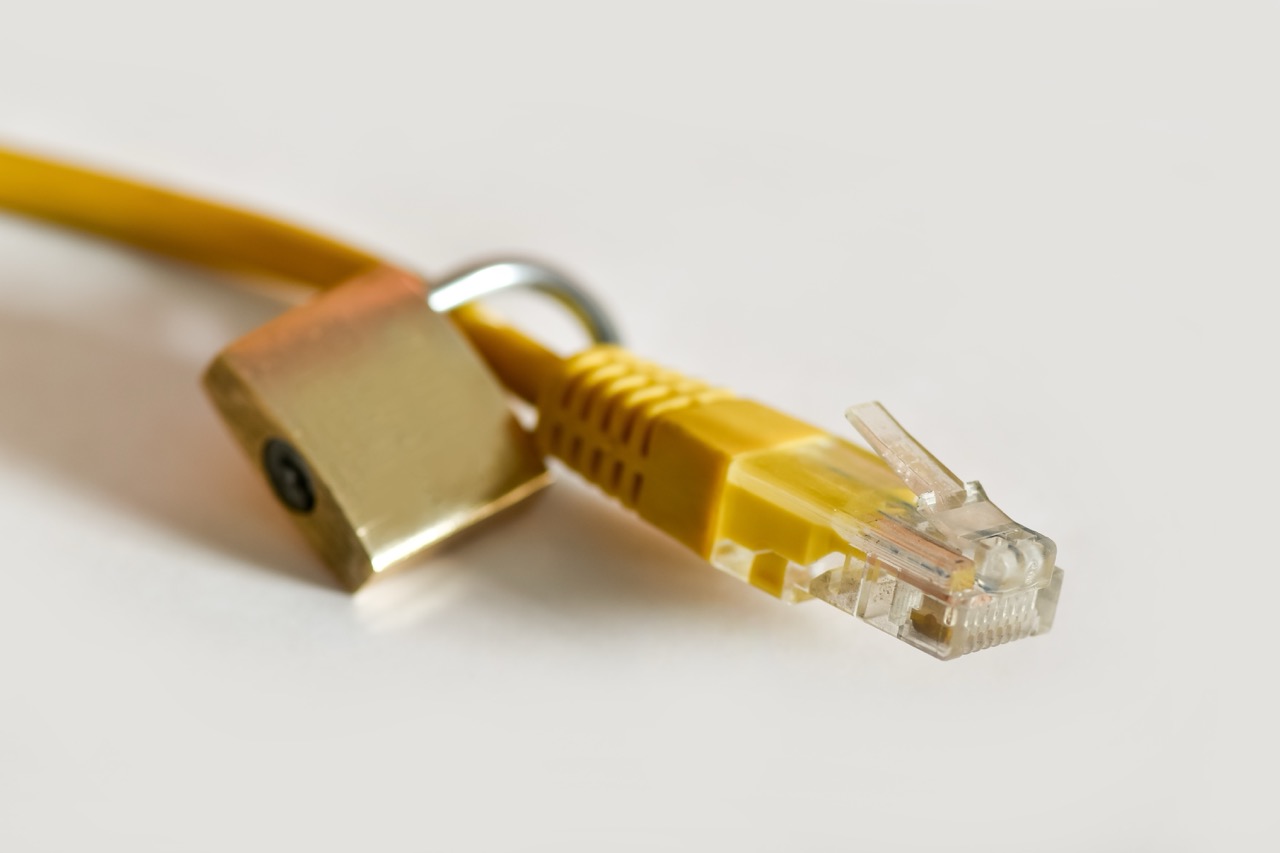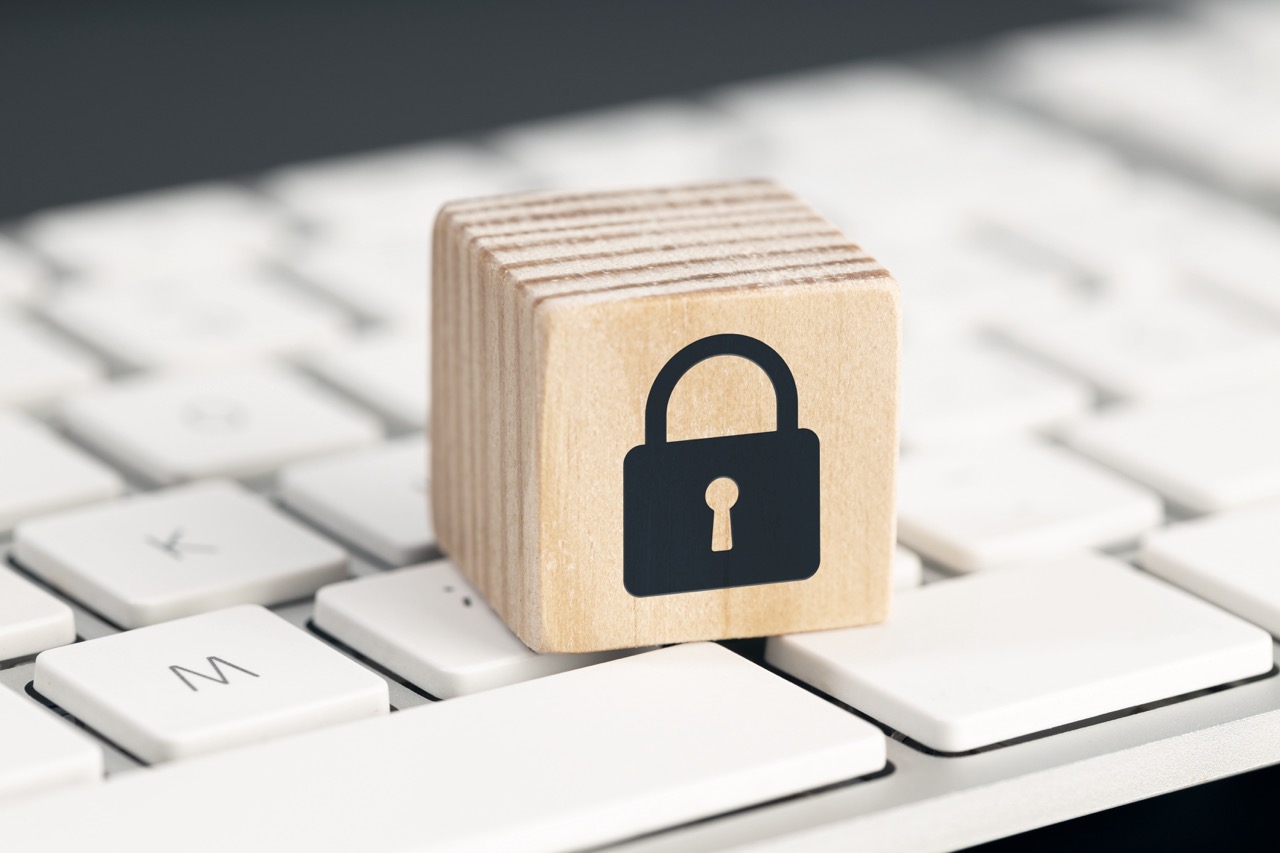In an increasingly digital world, the threat of identity theft looms larger than ever. With personal data readily accessible online, cybercriminals exploit various methods to steal identities, leading to devastating consequences for individuals and businesses alike. Virtual Private Networks (VPNs) have emerged as essential tools for enhancing online privacy and safeguarding sensitive information. This article delves into the role of VPNs in protecting against identity theft, exploring the mechanisms that make them effective, and providing guidance on selecting and using VPNs to bolster personal security.
Understanding Identity Theft: Risks and Consequences
Identity theft occurs when an individual’s personal information, such as Social Security numbers, bank account details, or credit card numbers, is stolen and used fraudulently. This crime can originate from various sources, including data breaches, phishing scams, or inadequate security measures on public networks. The consequences of identity theft can be severe, ranging from financial loss to emotional distress, and can entail long-term repercussions on an individual’s credit and reputation.
The risks associated with identity theft extend beyond the immediate loss of funds. Victims may face complications in restoring their identity, including lengthy verification processes with financial institutions and lenders. In some cases, identity theft can lead to arrest warrants for crimes the victim did not commit, creating a complex legal battle that can take years to resolve. Moreover, the emotional toll, including anxiety and mistrust of financial systems, can further complicate recovery.
To mitigate these risks, it is crucial for individuals to adopt comprehensive security measures. While traditional methods such as strong passwords and regular credit monitoring are essential, they are often not enough in today’s interconnected environment. VPNs offer an additional layer of protection by creating a secure connection that helps safeguard personal information from prying eyes, thereby reducing the likelihood of identity theft.
How VPNs Enhance Online Privacy and Security Measures
VPNs act as intermediaries between users and the internet, encrypting data and masking IP addresses to enhance online privacy. By routing internet traffic through a secure server, VPNs help prevent unauthorized access to sensitive information, such as login credentials and financial data. This process is vital, especially when accessing the internet through public Wi-Fi networks, which are notorious for their vulnerabilities and potential for data interception.
The use of a VPN can significantly reduce the risk of data breaches. Cybercriminals often rely on unsecured connections to capture data packets that travel over the network. By employing a VPN, users minimize their exposure to such threats, as the encryption process renders intercepted data unreadable. This is particularly important for individuals who frequently engage in online banking or shopping, as it ensures that their financial transactions remain secure.
Furthermore, VPNs can help individuals avoid tracking by third parties, including advertisers and data brokers. By masking users’ IP addresses, VPNs make it more challenging for entities to gather personal information and build profiles based on online activity. This aspect of VPN usage adds another layer of anonymity, making it harder for identity thieves to obtain the data they need to carry out their schemes.
Encryption Technologies: The Backbone of VPN Protection
At the core of VPN security lies encryption technology, which transforms readable data into a scrambled format that is indecipherable without the appropriate decryption key. Most reputable VPNs utilize advanced encryption protocols such as OpenVPN, IKEv2/IPsec, and WireGuard to ensure robust protection of user data. These protocols vary in terms of speed and security, but all prioritize the confidentiality and integrity of data transmitted over the network.
Encryption essentially creates a secure tunnel between the user’s device and the VPN server. This tunnel is designed to prevent any unauthorized access or eavesdropping, providing a safe conduit for sensitive information. The strength of the encryption employed by a VPN is crucial; weaker encryption standards may leave users vulnerable to sophisticated attacks by cybercriminals, thus increasing the risk of identity theft.
Moreover, the implementation of Perfect Forward Secrecy (PFS) further enhances VPN security. PFS ensures that the encryption keys used for a session cannot be derived from previous keys, thus making it nearly impossible for attackers to decrypt past communications, even if they successfully compromise a session. The combination of strong encryption protocols and PFS represents a formidable defense against identity theft in the digital landscape.
Geographic IP Masking: Adding Layers to Your Anonymity
One of the key features of VPNs is their ability to mask users’ geographic IP addresses, effectively cloaking their online identity. When connected to a VPN, users appear to be accessing the internet from the location of the VPN server rather than their actual physical location. This geographic masking provides significant advantages in terms of privacy and security.
By hiding the user’s true IP address, VPNs make it much more challenging for identity thieves to track individuals or launch targeted attacks. This is particularly beneficial for users accessing sensitive information or services that could attract unwanted attention, such as online banking or healthcare portals. Additionally, geographic IP masking can help evade region-based restrictions, allowing users to access content securely without exposing their true identity.
Moreover, masking one’s IP address can deter intrusive tracking by advertisers and data collectors, who often use IP addresses as a means to gather information about user behavior. By limiting the amount of identifiable information available to these entities, VPNs contribute not only to individual privacy but also enhance overall online security against identity theft.
Choosing the Right VPN: Key Features for Identity Safety
Selecting an appropriate VPN is paramount for ensuring identity safety. Users should look for VPN providers that have a solid reputation for security and privacy, as well as transparent policies regarding data logging. A no-logs policy is highly desirable, as it indicates that the provider does not store any information about users’ online activities, reducing the risk of data exposure in the event of a breach.
Additionally, users should evaluate the encryption standards and protocols utilized by the VPN. It is advisable to choose a service that employs strong encryption methods, such as AES-256, in conjunction with protocols like OpenVPN or WireGuard to ensure maximum security. The presence of features like a kill switch, which disconnects internet access if the VPN connection drops, can further enhance safety by preventing accidental exposure of sensitive data.
Lastly, compatibility across devices is essential. A reliable VPN should offer applications for various platforms, including desktops, smartphones, and tablets, to ensure that users maintain protection regardless of their device. Customer support and service performance, including server speed and availability, are also crucial factors to consider when choosing a VPN for identity protection.
Best Practices for Using VPNs to Prevent Identity Theft
To maximize the effectiveness of a VPN in preventing identity theft, users should adhere to several best practices. First and foremost, it is vital to connect to the VPN before accessing any sensitive information or engaging in online transactions. This ensures that all data transmitted is encrypted from the outset, minimizing exposure to potential threats.
In addition to using a VPN, users should complement their online security with other protective measures, such as utilizing strong, unique passwords for different accounts and enabling two-factor authentication wherever possible. This multi-layered approach to security significantly reduces the likelihood of identity theft, even in the event of a VPN breach.
Finally, users should remain vigilant about the types of information shared online and be cautious when clicking on links in emails or messages. Phishing attacks remain a prevalent method for identity theft, and maintaining awareness of these tactics can help users avoid compromising their personal information, even when using a VPN.
As identity theft continues to pose a significant threat in the digital age, the role of VPNs in safeguarding personal information cannot be overstated. By employing advanced encryption technologies and geographic IP masking, VPNs provide essential tools for enhancing online privacy and security. However, users must remain proactive in selecting the right VPN, implementing best practices, and combining various security measures to create a robust defense against identity theft. Ultimately, understanding and utilizing VPNs effectively can serve as a vital line of defense in the ongoing battle for online security and personal identity protection.










